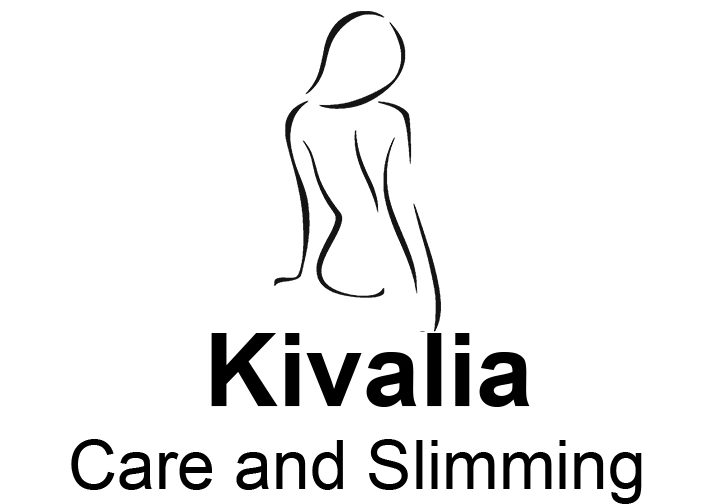Malta weight loss: A Comprehensive Guide to Shedding Pounds and Enhancing Health :

Weight loss is a common goal for many individuals in Malta, as it is globally recognized as a critical aspect of overall well-being. To accomplish sustainable weight loss, a combination of factors such as calorie management, metabolic enhancement, and healthier eating habits are necessary. In this comprehensive guide, we will delve into various aspects of weight loss specific to Malta, offering valuable tips, strategies, and insights from experts, including dietitians, to help you successfully achieve your weight loss goals.
Understanding Weight Loss
1.1 Calorie Management: The Foundation of Weight Loss
Losing weight fundamentally revolves around maintaining a calorie deficit. This means consuming fewer calories than your body expends, leading to fat loss. To successfully manage your calorie intake, it is crucial to be aware of the number of calories in different foods and to track your daily caloric consumption.
1.2 Boosting Metabolism for Effective Weight Loss
Metabolism plays a vital role in weight loss. Enhancing your metabolic rate enables your body to burn calories more efficiently. Engaging in regular physical exercise, particularly workouts that incorporate strength training, can boost your metabolism and help you burn fat even at rest. Additionally, increasing your muscle mass through strength training contributes to a higher metabolic rate.
Creating a Healthier Eating Plan
2.1 Choosing Nutrient-Dense Foods for Weight Loss
For successful weight loss in Malta, focus on consuming nutrient-dense foods that provide essential vitamins, minerals, and fiber. Opt for whole, unprocessed foods, including fruits, vegetables, lean proteins, and whole grains. These foods are not only low in calories but also keep you feeling satisfied for longer periods, reducing hunger cravings.
2.2 Balancing Macronutrients for Optimal Weight Loss
A balanced approach to macronutrients is crucial for effective weight loss. Carbohydrates, proteins, and fats are all necessary components of a healthy diet. However, prioritize complex carbohydrates over simple sugars, choose lean sources of protein, and incorporate healthy fats like those found in avocados, nuts, and olive oil.
2.3 Mindful Eating and Portion Control
Practicing mindful eating and portion control are essential habits for weight loss. Be conscious of your eating habits, eat slowly, and pay attention to your body’s hunger and satiety signals. Additionally, control portion sizes by using smaller plates and bowls, and avoid going back for seconds.
Implementing Effective Weight Loss Strategies
3.1 Regular Exercise Routine for Weight Loss
To complement a healthy diet, engage in regular physical exercise. Incorporate a combination of cardiovascular exercises and strength training workouts to burn calories, build lean muscle mass, and improve overall fitness. Find activities you enjoy to make exercise a sustainable part of your lifestyle.
3.2 Seek Professional Guidance from a Dietitian
Consulting a dietitian can provide personalized advice and guidance tailored to your specific weight loss needs. A dietitian can help create a customized meal plan, offer accurate nutritional information, and provide ongoing support throughout your weight loss journey.
3.3 Staying Consistent and Patient
Weight loss is a gradual process that requires consistency and patience. Set realistic goals and focus on making long-term lifestyle changes rather than seeking quick fixes. Celebrate small victories along the way and stay motivated by tracking your progress.

Overcoming Weight Loss Challenges
4.1 Managing Hunger and Cravings
Hunger and cravings can hinder weight loss efforts. To combat this, increase your intake of vegetables, as they are low in calories and high in fiber, helping you feel fuller for longer. Additionally, stay hydrated, as dehydration can sometimes be mistaken for hunger. Managing stress levels and getting adequate sleep can also help control appetite.
4.2 Targeting Belly Fat
Belly fat, or visceral fat, is particularly challenging to lose. However, incorporating regular cardiovascular exercises and abdominal workouts can help reduce belly fat. These include exercises such as planks, crunches, and bicycle exercises.
Conclusion
In Malta, achieving weight loss requires a comprehensive approach that combines calorie management, metabolic enhancement, and healthier eating habits. By incorporating the tips and strategies outlined in this guide, and seeking professional guidance when needed, you can embark on a successful weight loss journey. Remember that sustainable weight loss is a long-term commitment, and by making gradual changes to your lifestyle, you can achieve a healthier body weight and improve your overall well-being.
